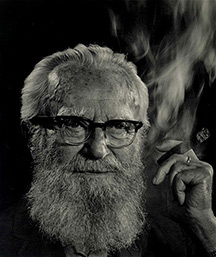 As chief photographer for Vogue and Vanity Fair, Edward Steichen profoundly shaped the look of celebrity and fashion photography in the 1920s and ’30s. He immortalized leading writers, artists, actors,dancers and politicians in striking portraits. Fashion photography was revolutionized when he began depicting the creations of all the great designers of the age, including Poiret, Chanel, Lelong, Lanvin, Patou and Schiaparelli.
As chief photographer for Vogue and Vanity Fair, Edward Steichen profoundly shaped the look of celebrity and fashion photography in the 1920s and ’30s. He immortalized leading writers, artists, actors,dancers and politicians in striking portraits. Fashion photography was revolutionized when he began depicting the creations of all the great designers of the age, including Poiret, Chanel, Lelong, Lanvin, Patou and Schiaparelli.
Edward Steichen became interested in photography at age sixteen. Influenced by the atmosphere of moonlight that came to characterize his early Pictorialist photographs, he also painted. Upon turning twenty-one, he left for Europe by way of New York, meeting Alfred Stieglitz, who purchased three of his photographs. On returning, Steichen set up a studio specializing in portraiture at 291 Fifth Avenue, a space that later became part of “291,” Stieglitz’s celebrated Photo-Secessionist gallery. Steichen became a founding member of the Photo-Secession group in 1903. In 1923 Steichen went to work for the Condé Nast publications Vanity Fair and Vogue , where he photographed celebrities and fashion. From this he received advertising commissions; he once also made photographic designs for silk fabric. Steichen closed his New York studio in 1938 and embarked upon a new, more spontaneous photographic phase. During World War II he joined the Navy to head up a unit of photographers. Steichen was the first curator of photographs at the Museum of Modern Art in New York, where he curated the famous “Family of Man” exhibition in 1953.
“The camera is a witness of objects, places, and events…. The technical process simply serves as a vehicle of transcription and not as the art.”
-Edward Steichen
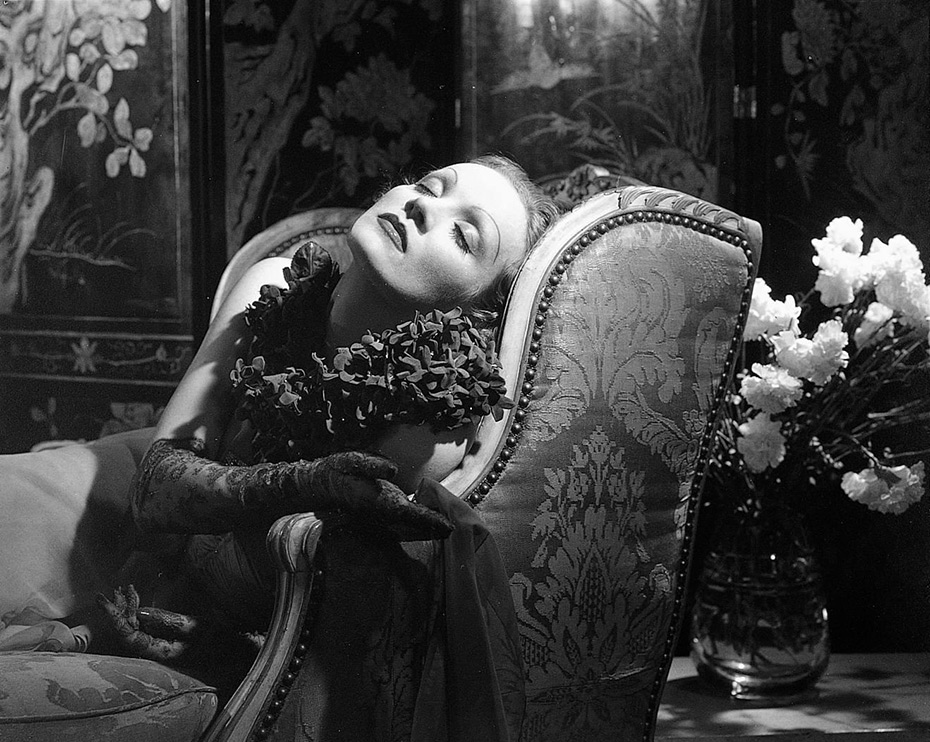
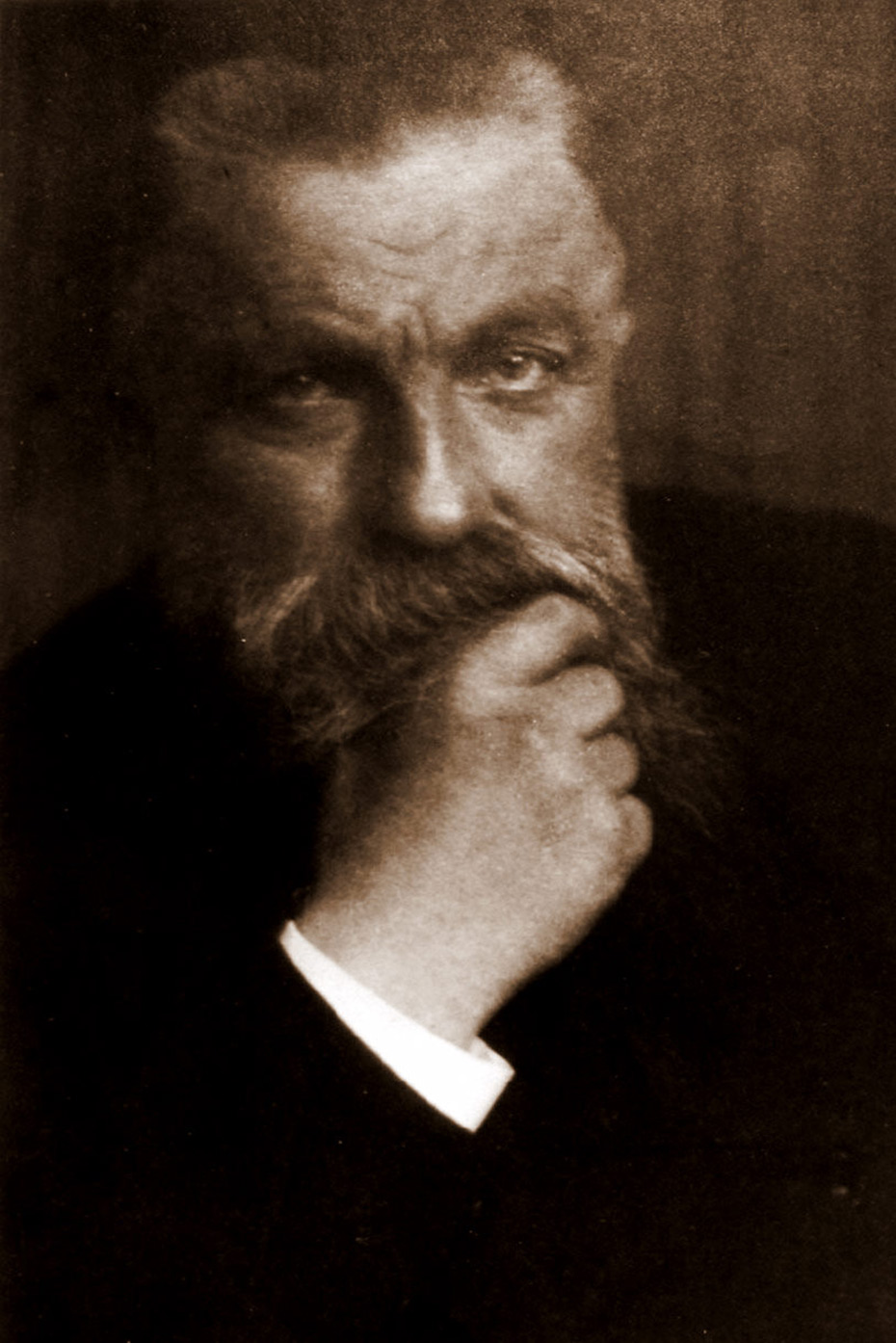
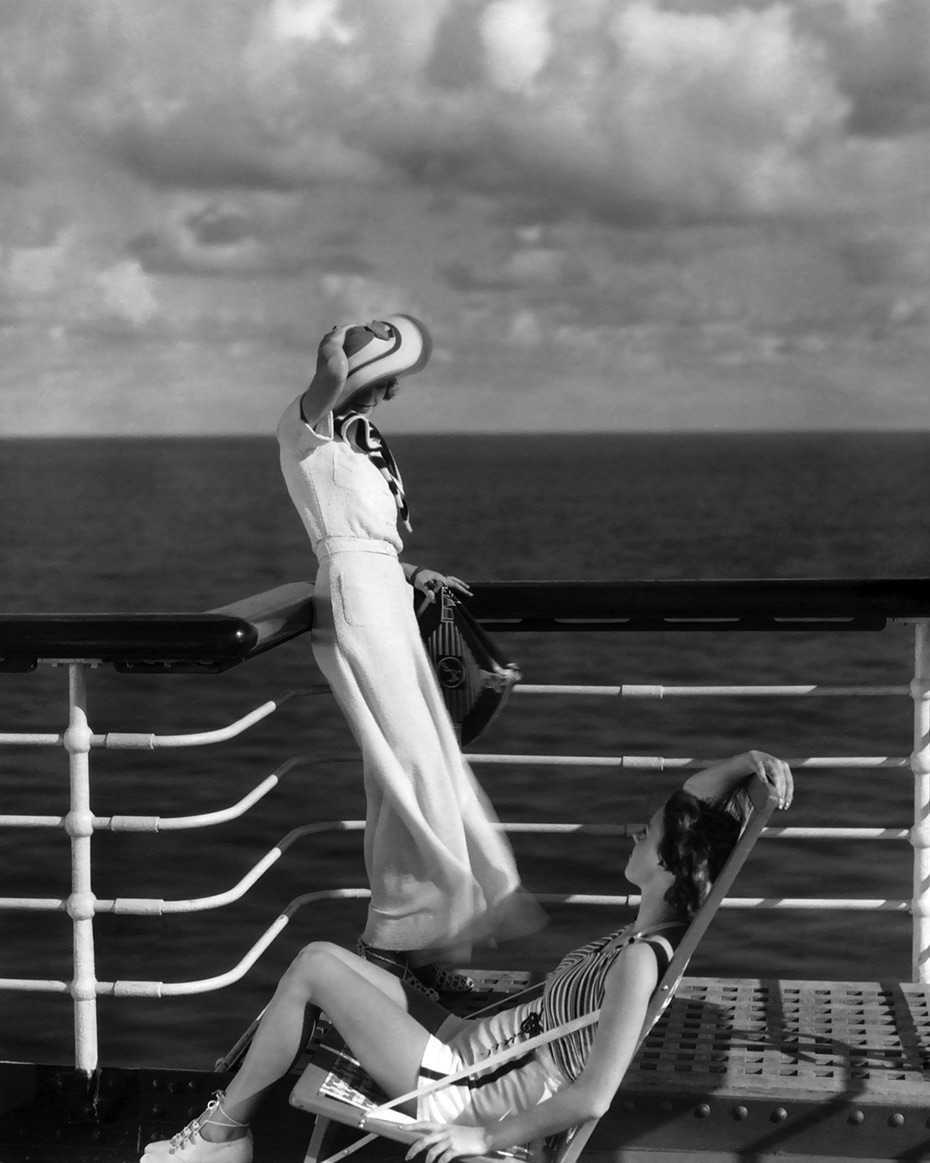
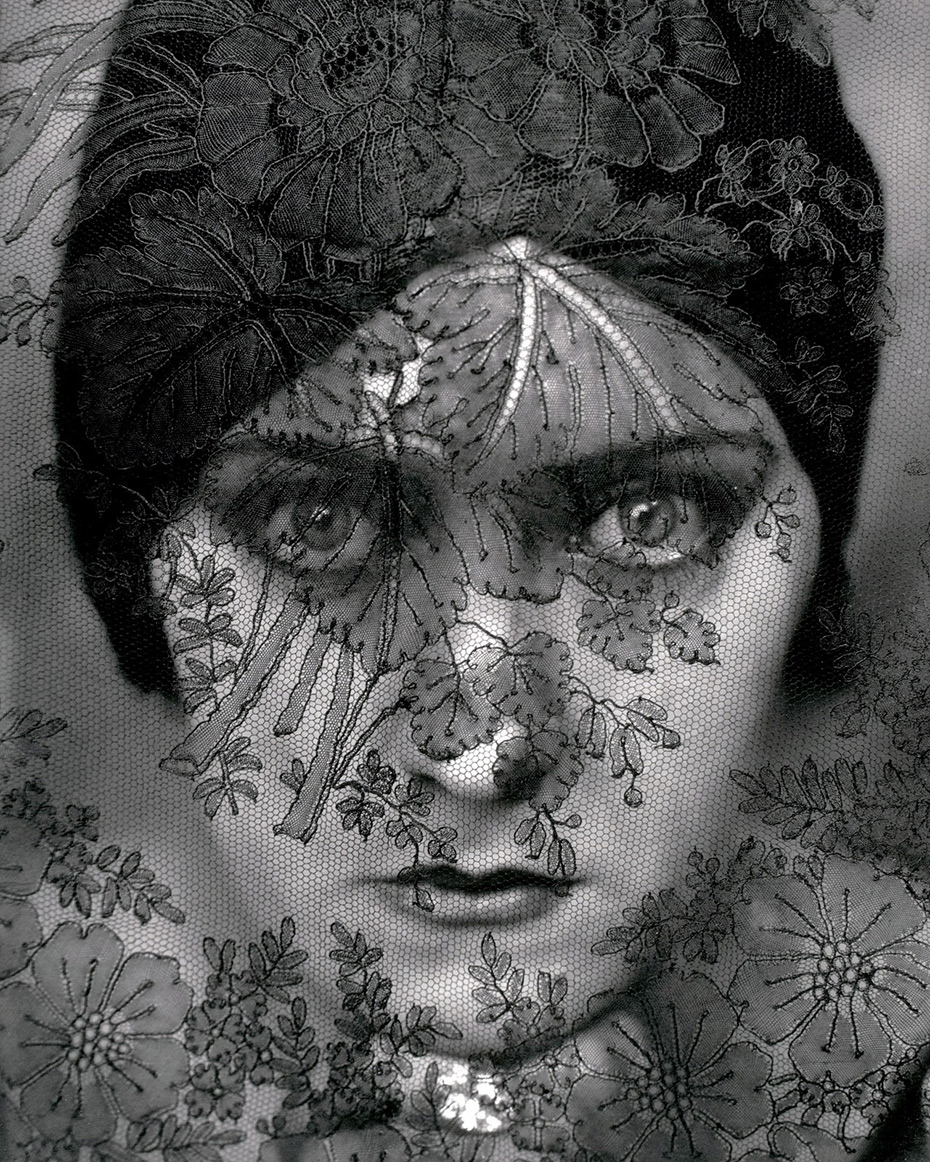
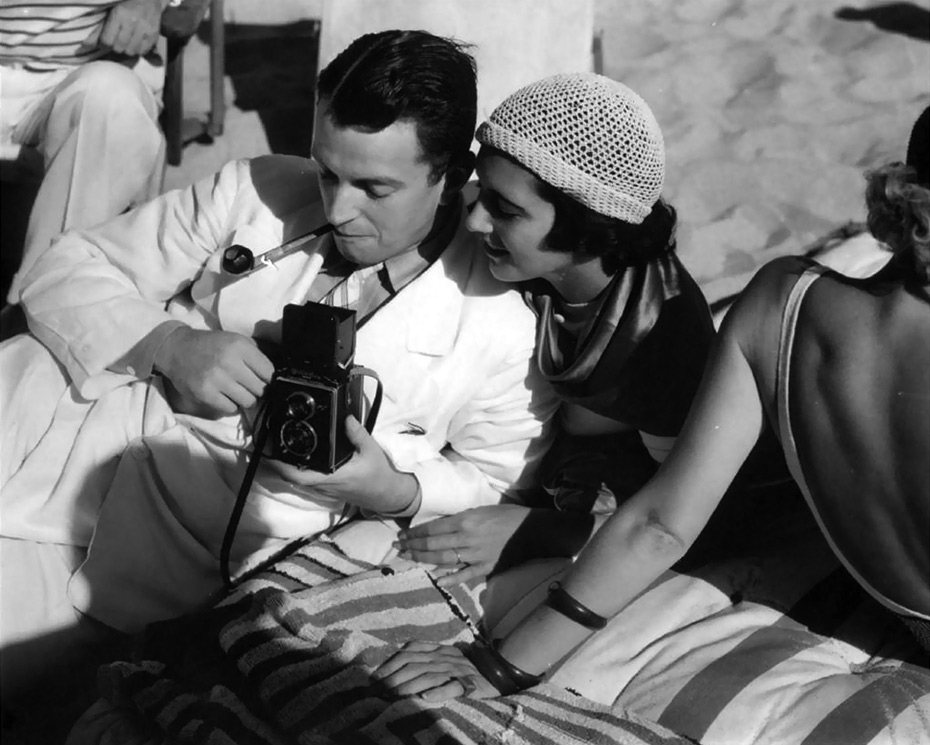
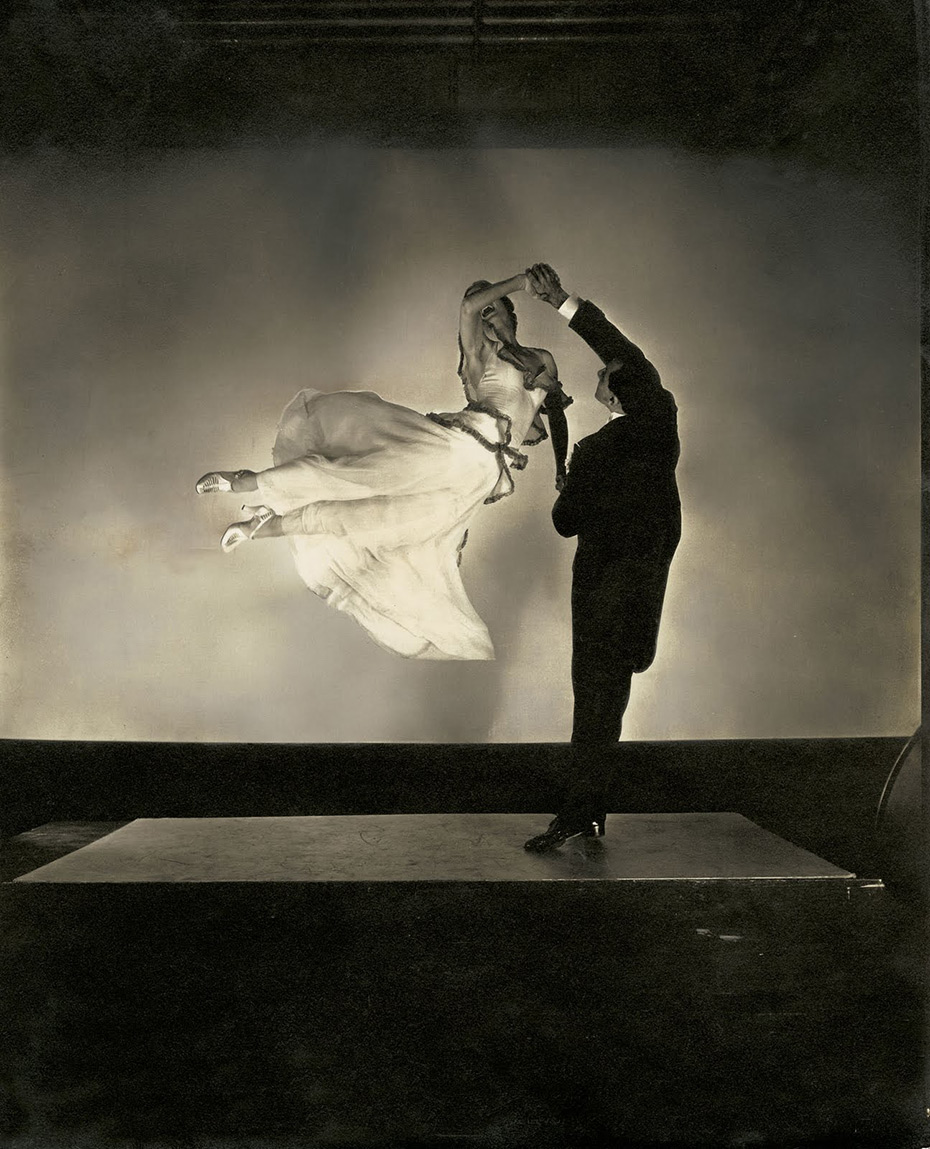
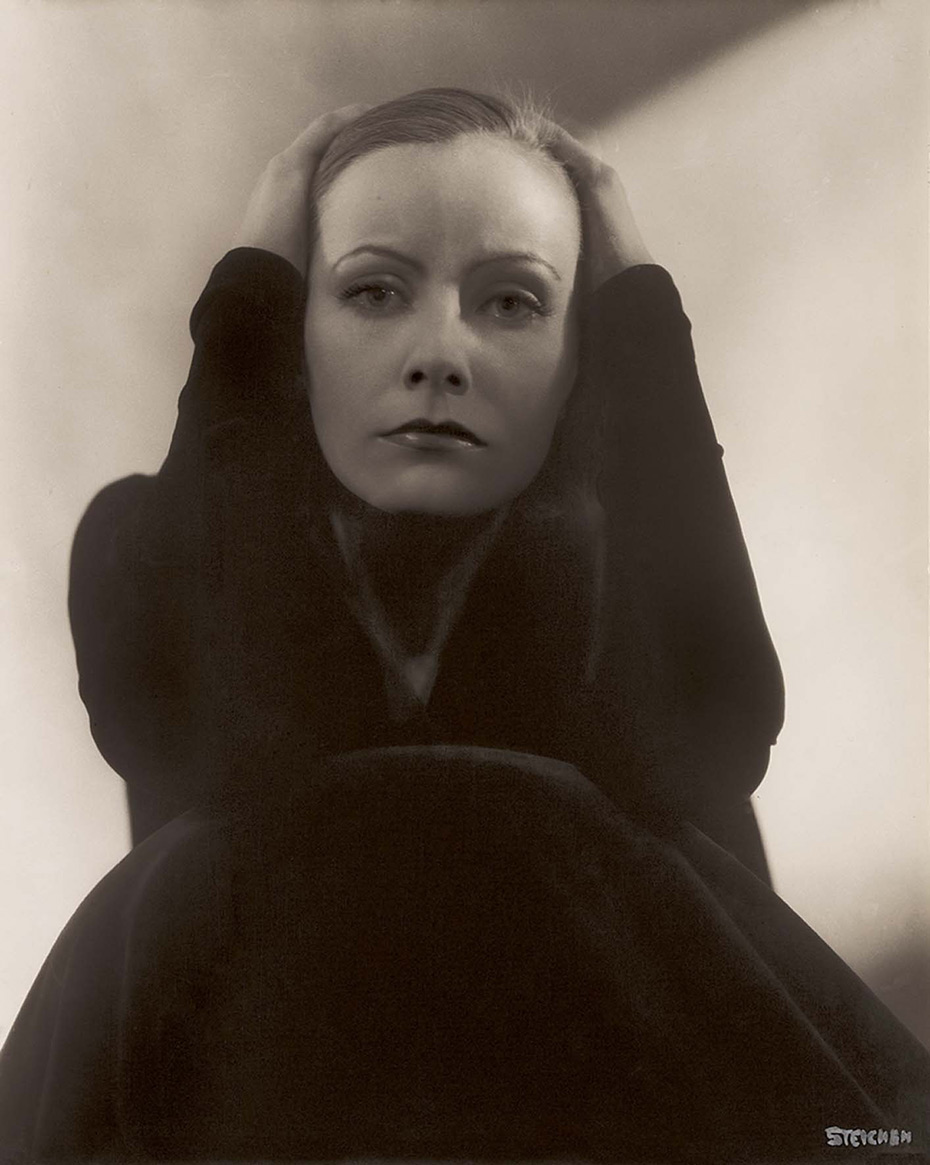
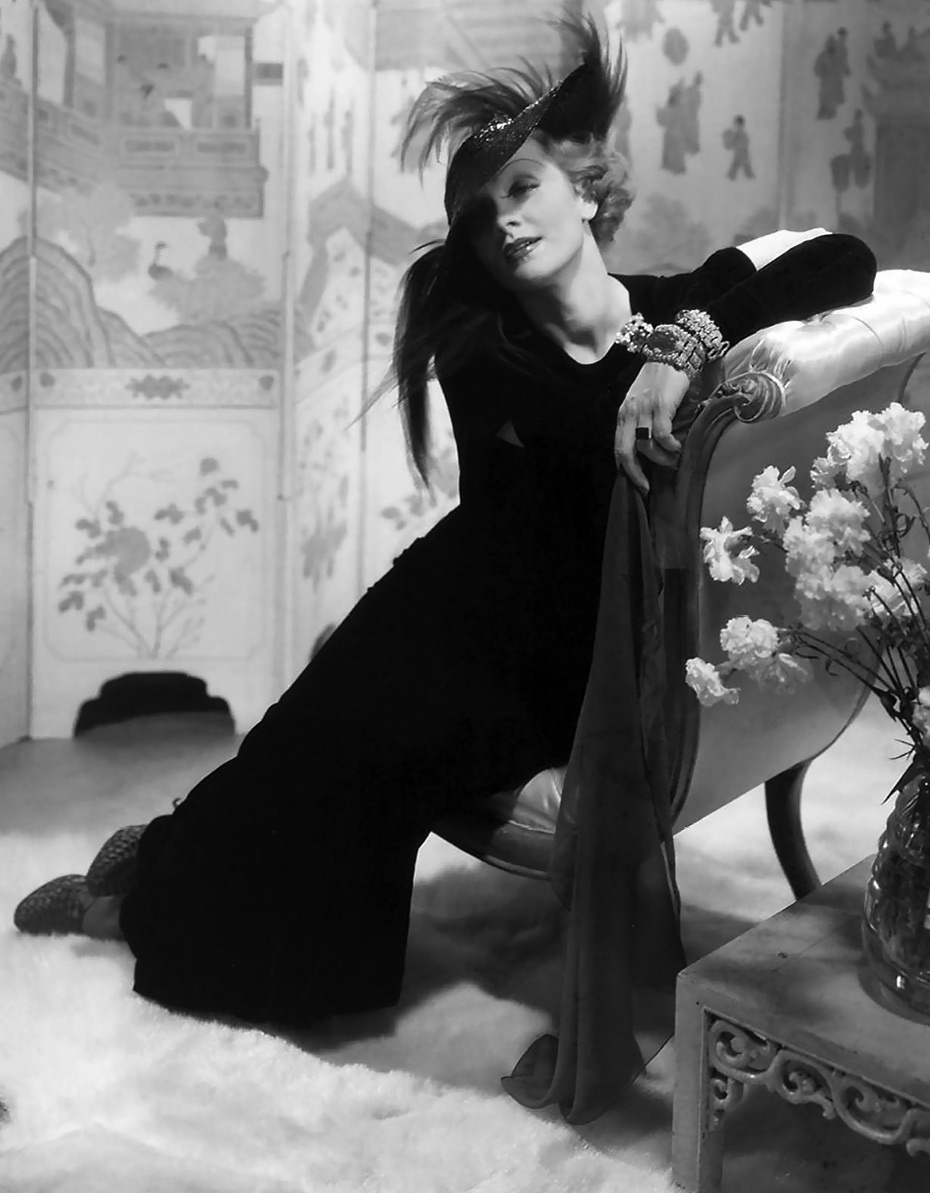
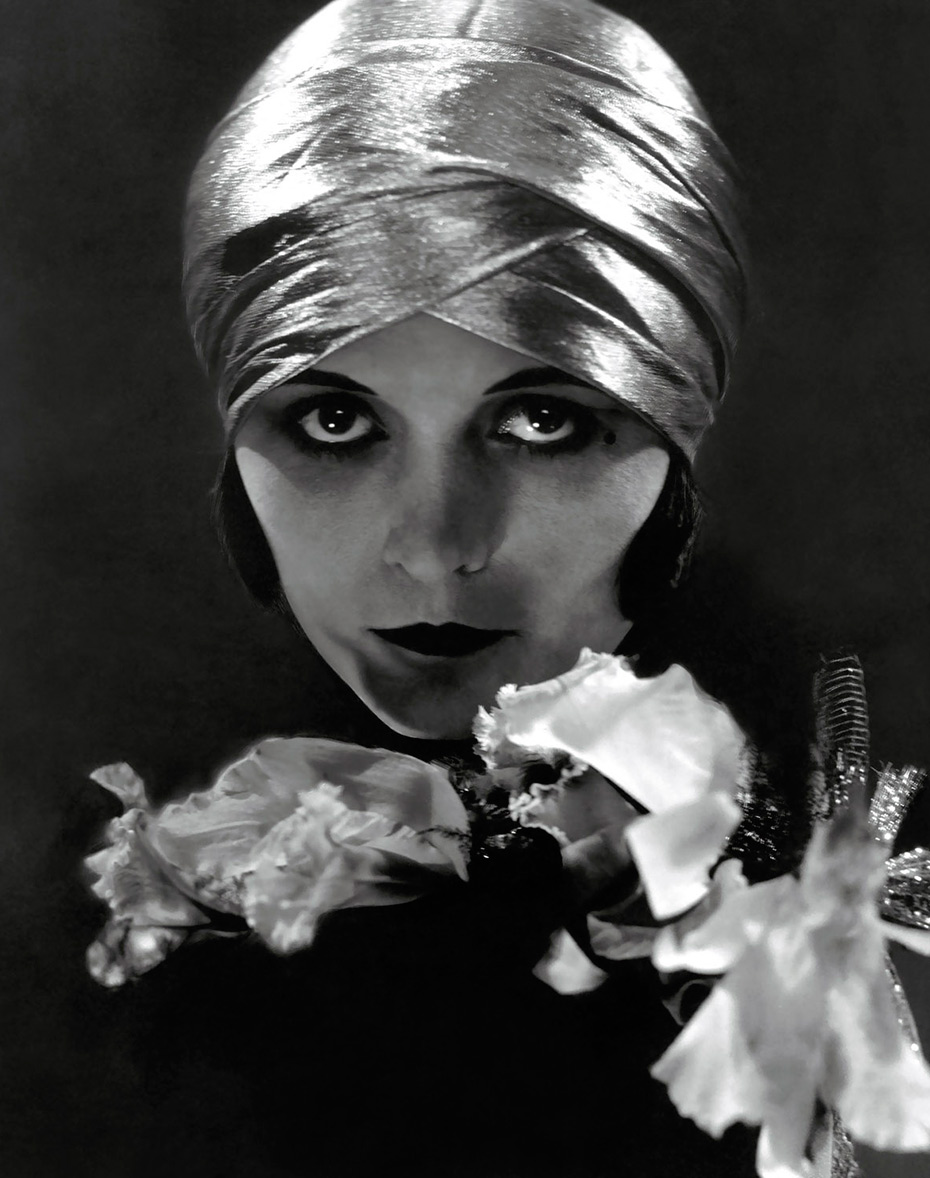
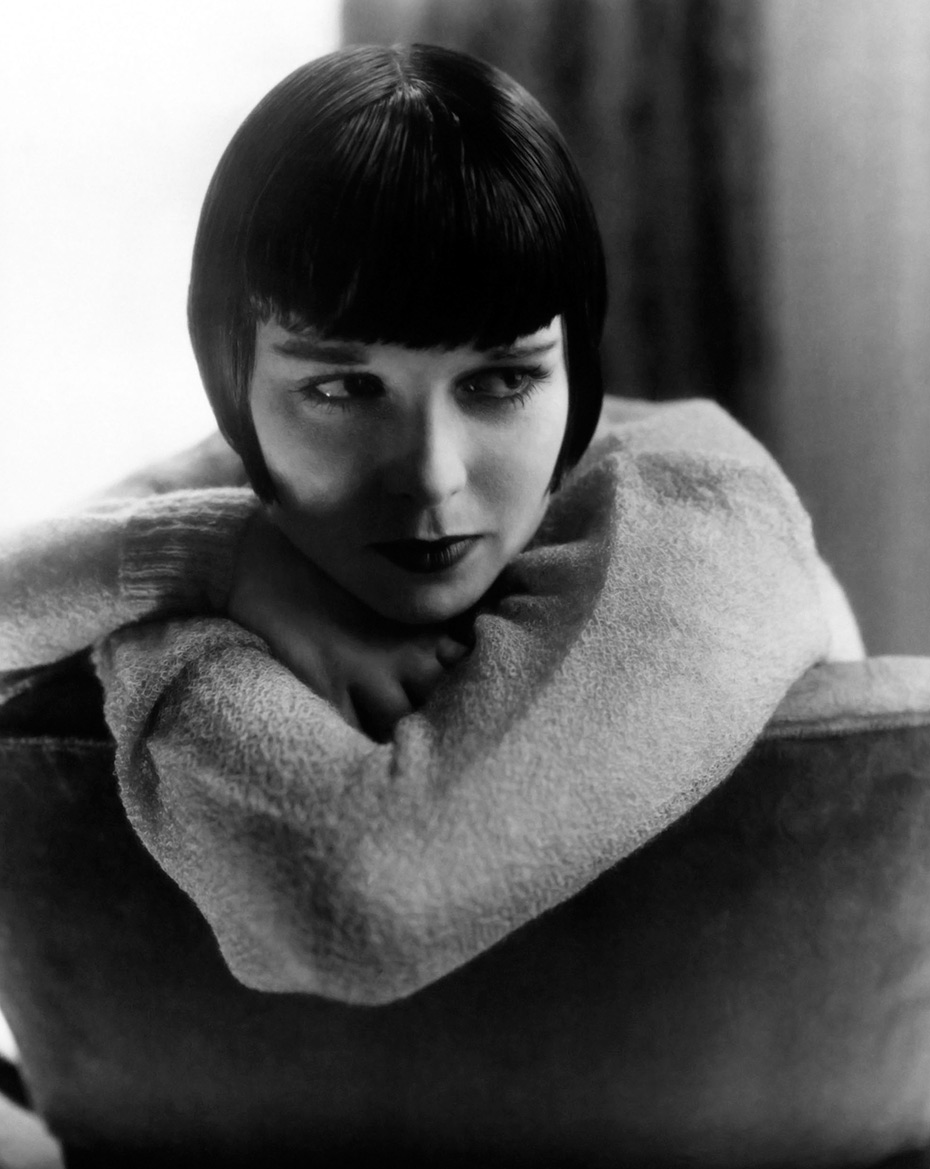
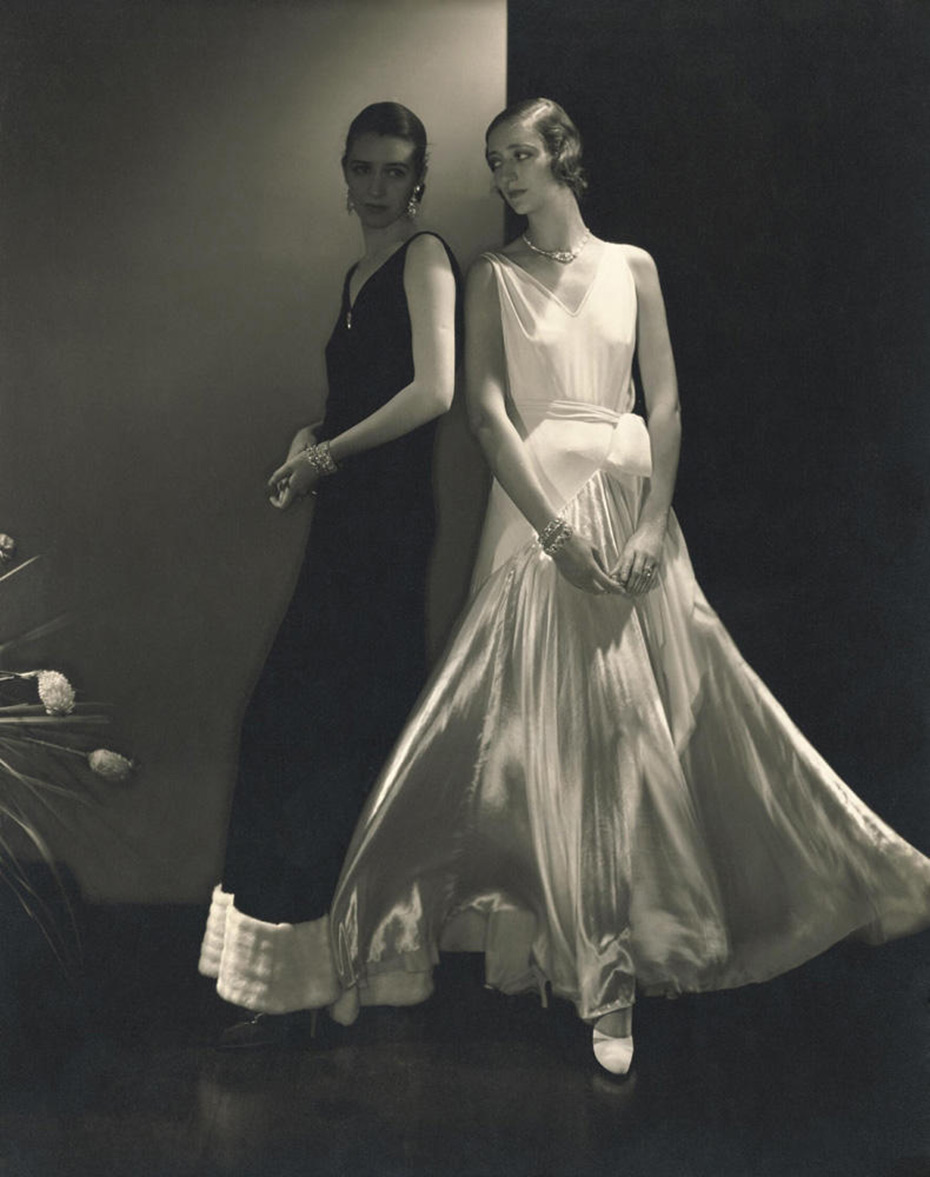
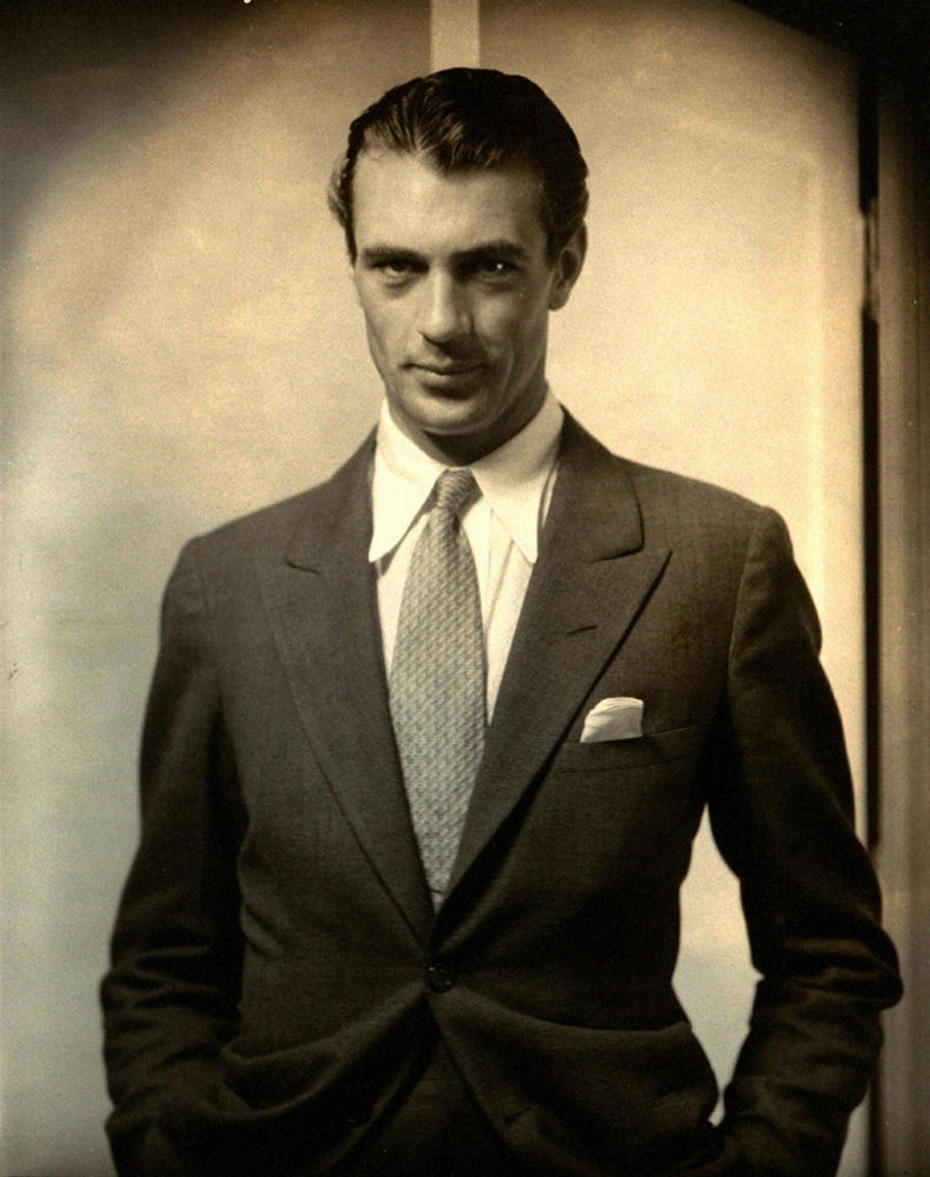
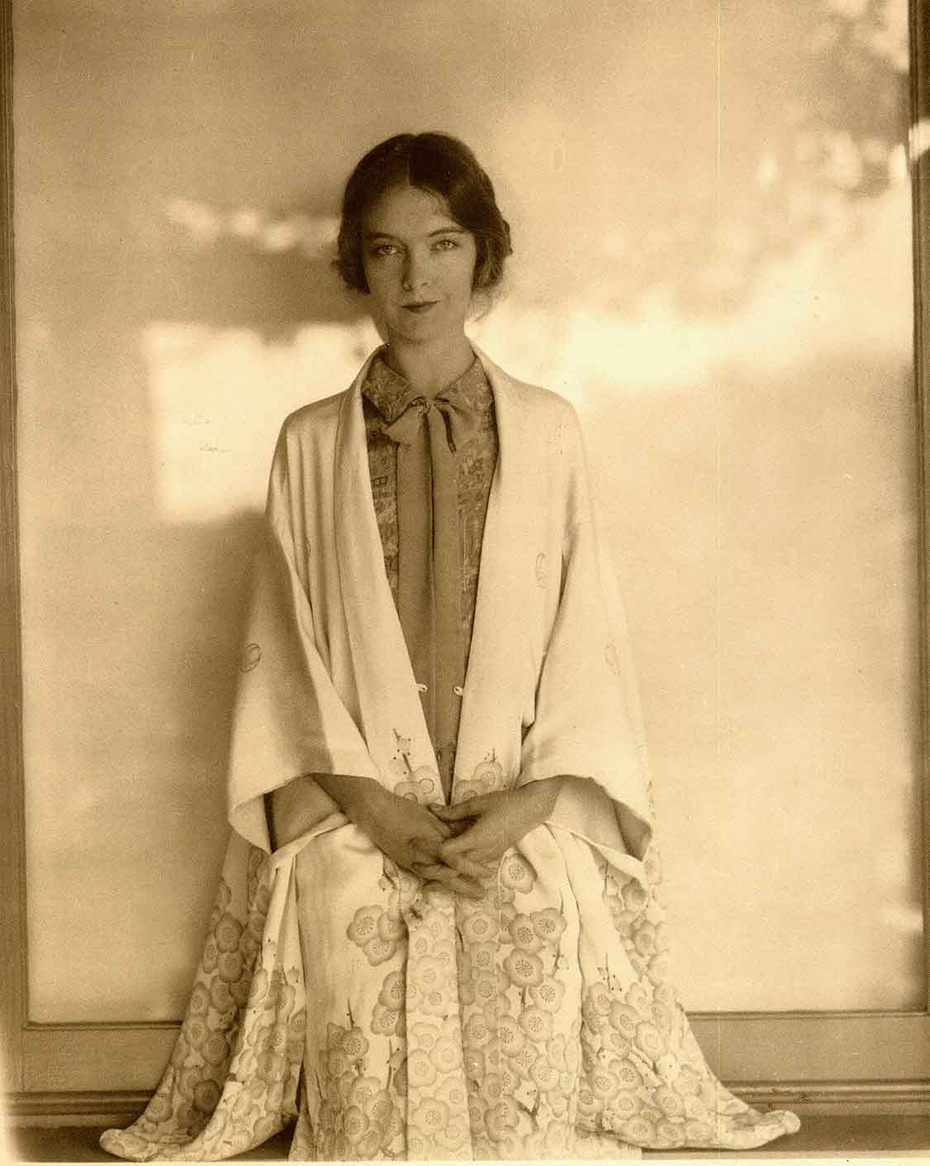
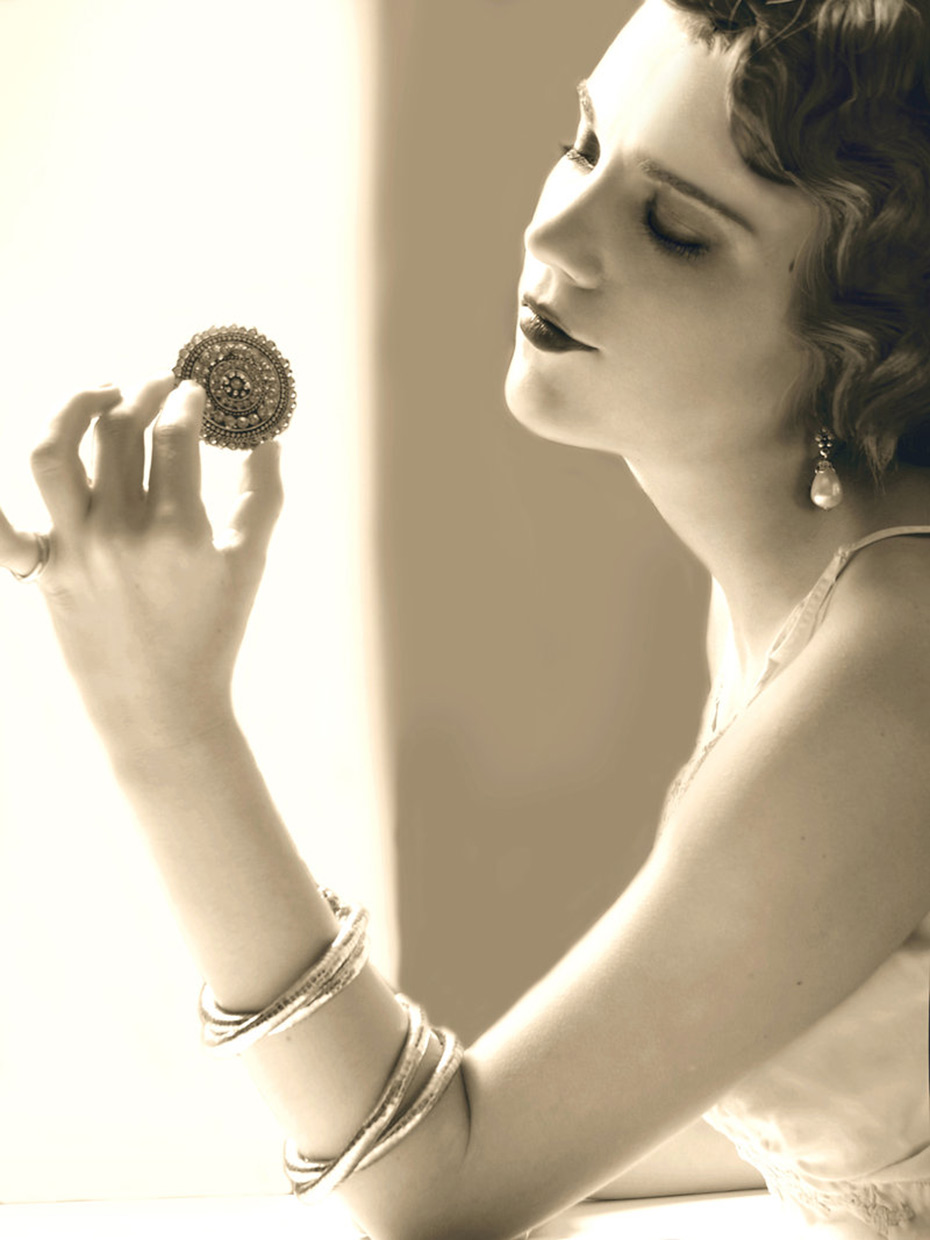
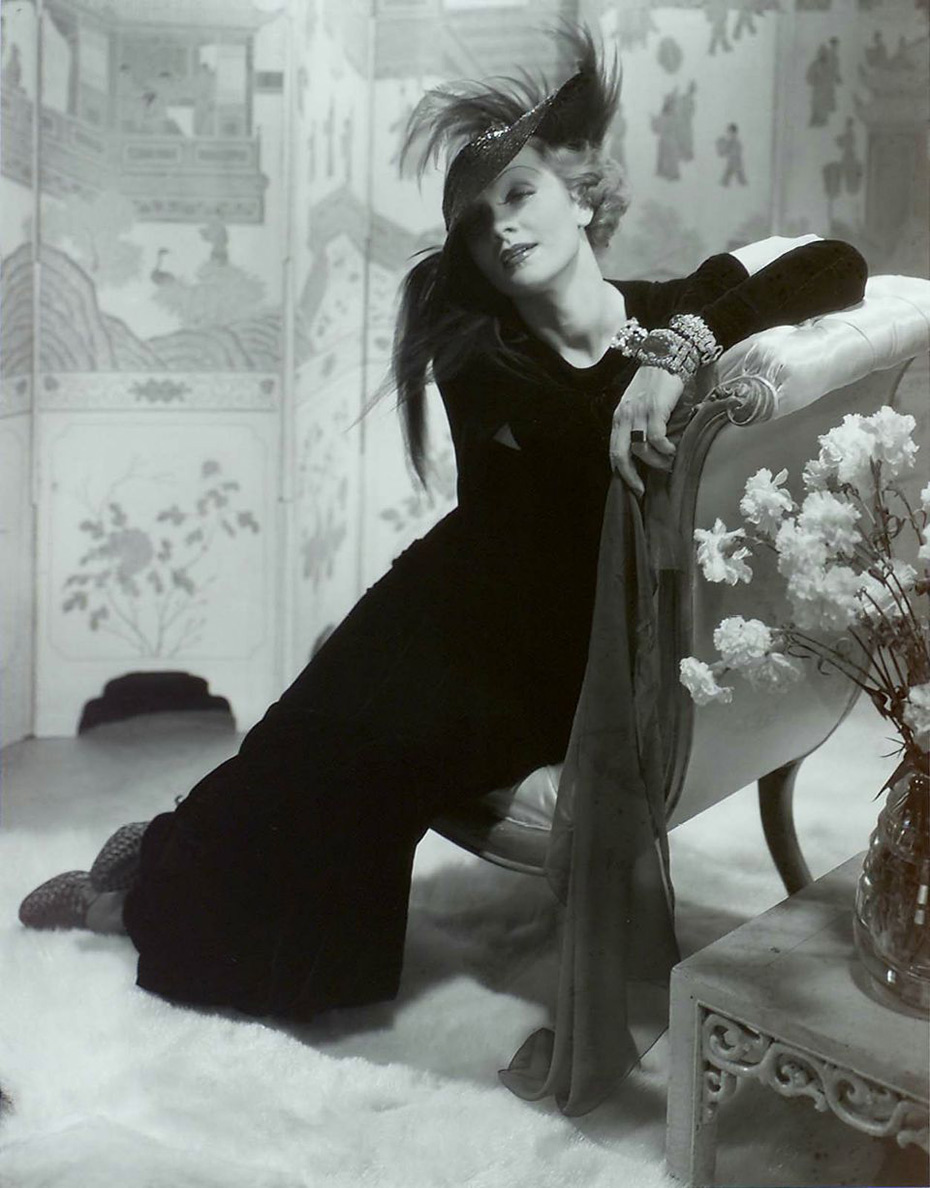
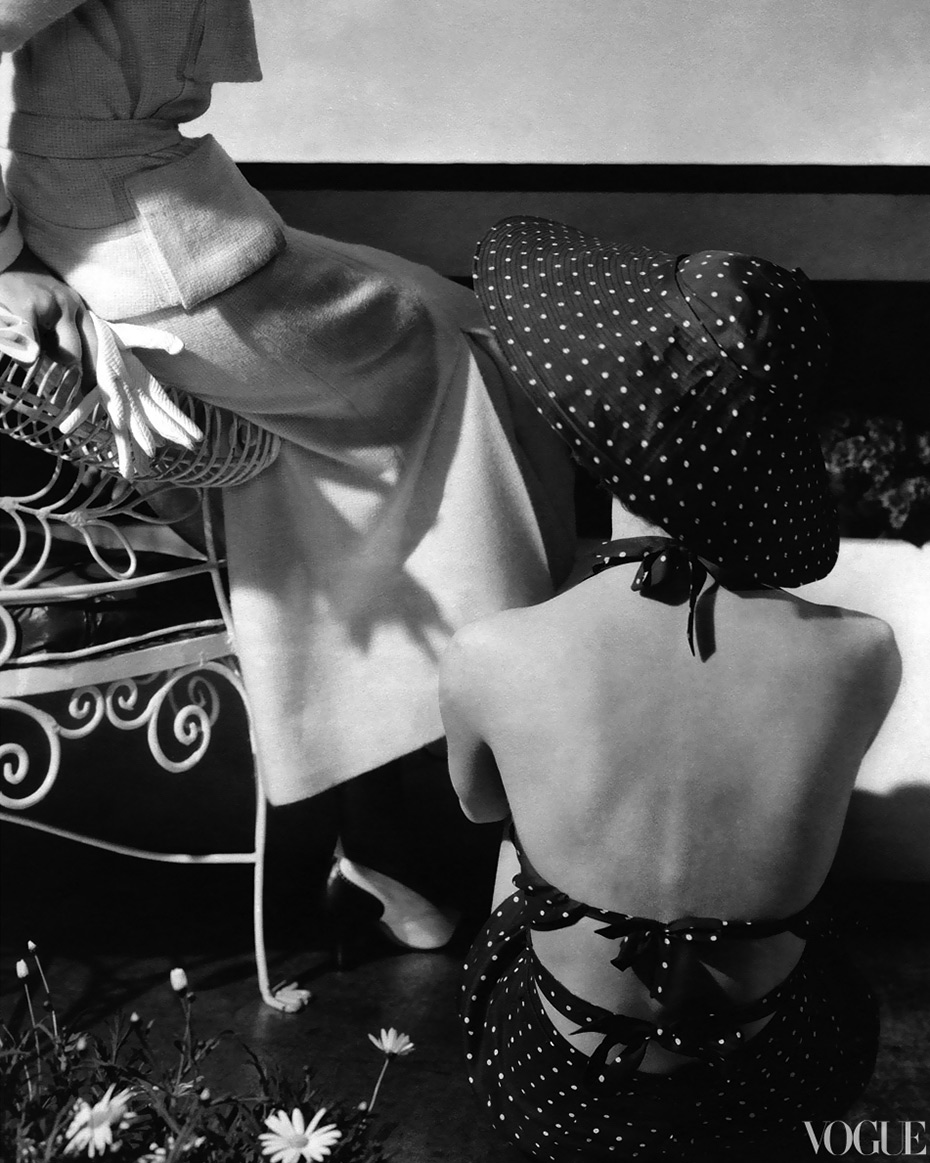
Source: http://www.getty.edu/art/gettyguide/artMakerDetails?maker=1816